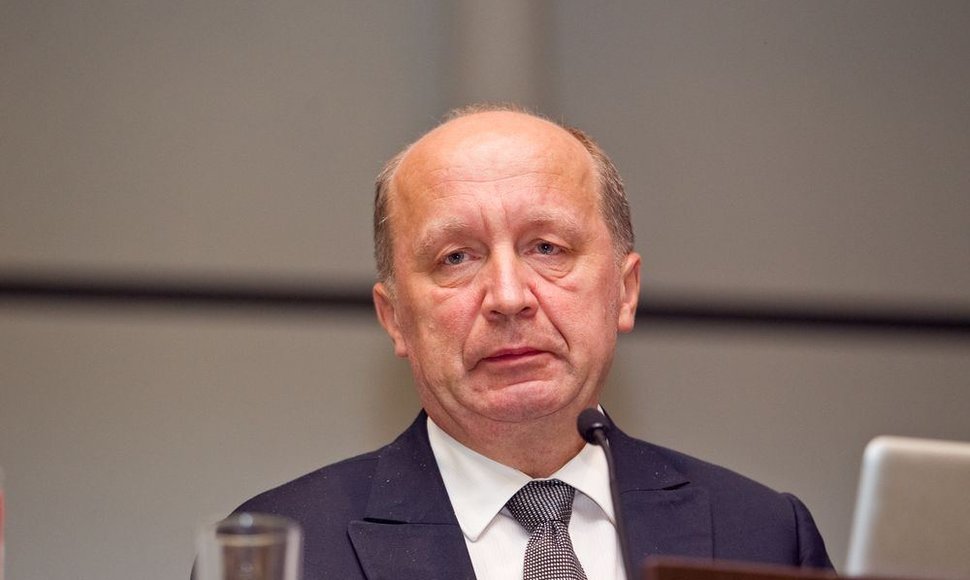"When you listen to certain parties, you start having doubts – whether the responsible and economical financial policy will be continued. When you hear promises to cut the value added tax, increase the number of tax exemptions, or increase certain spending without restriction, you start having doubts, and that would be painful for the entire country," Kubilius told the Žinių Radijas (News Radio) on Thursday.
According to the Prime Minister, the last four years "have not been easy" but his government has accomplished key tasks.
"To my mind, our government together with the ruling coalition, despite all mistakes and unfinished work, can with all conscience say that we have done everything we had to. Perhaps not everything but we have accomplished key tasks," the Prime Minister said.
Meanwhile social democratic MP and head of the Social Democratic Party election campaign Juozas Olekas said there was no basis for intimidation. In his words, the social democrats are in favor of financial stability and stimulation of internal demand.
"It really upsets me, as a man and a doctor, that the prime minister has such a short memory. The fiscal discipline law was adopted when the social democrats had a majority in the Seimas and worked in the government. We are ready to retain the financial sustainability situation by employing measures promoting employment, jobs and internal demand, and, as we used to say during the Reform Movement times, there's no need to intimidate us," Olekas said.
The Kubilius government came to power in late 2008 on the eve of the financial crisis. The previous social democratic government was criticized for overspending. The new rightist government took austerity measures and reformed the tax system. Following an almost 15-percent plunge in 2009, Lithuania's economy returned to growth the following year, and last year the GDP growth was 6 percent – one of the biggest rates in Europe.
Having avoided devaluation and the need for external financial aid to ensure financial stability in the country, the center-right government has received praise from international institutions and other countries.
However, sudden changes, especially social spending cuts, infuriated a large part of the Lithuanian population, and the conservatives lost public support soon after coming to power and have so far been lagging behind the opposition in opinion polls. Opponents of the incumbent government, who have so far criticized public spending cuts, say they will focus on stimulating growth.












